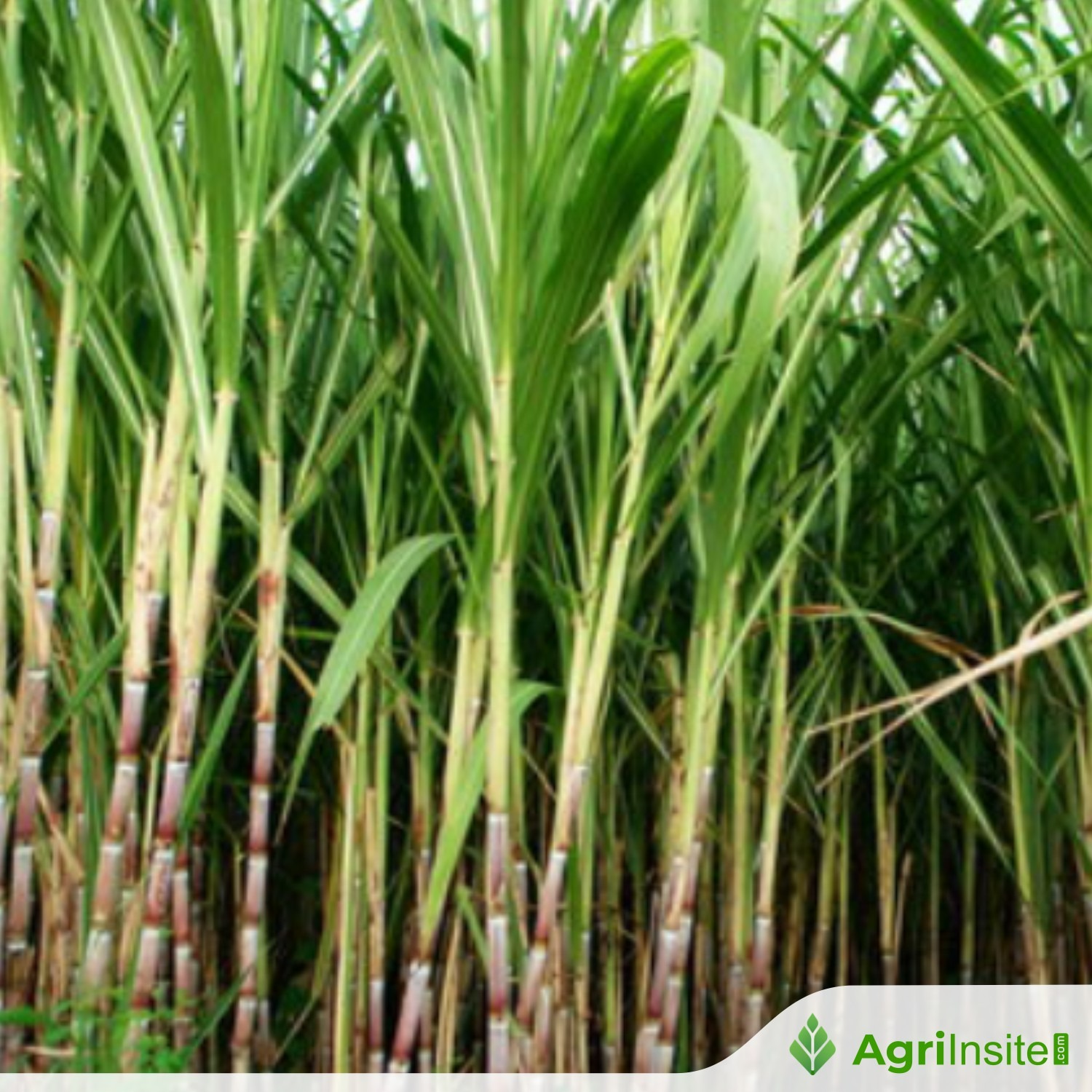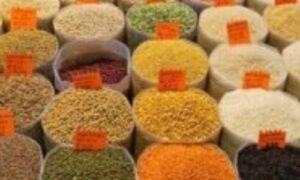Malaysia : Demand For Sugarcane Stalks Surge This Pongal Season, Benefiting Local Farmers

Ahead of Pongal, sugarcane demand surged in Malaysia, with plantations in Klang selling over 2,600 stalks. Farmers noted challenges from unpredictable weather but reported increased sales due to festive demand. Sugarcane prices rose to RM3 per stalk from RM2.50 five years ago. The Indian community sees sugarcane as essential for Pongal traditions, symbolizing prosperity and gratitude to the Sun God.
KUALA LUMPUR, Jan 13 (Bernama) — The demand for sugarcane has surged over the past week in conjunction with the Indian harvest festival or better known as Pongal that will be celebrated tomorrow.
A survey by Bernama has also found that the Indian community has been racing against the clock to get their homes stocked up with sugarcane stalks in time to ursher the harvest festival.
According to the director of Diamoniq Enterprise K. Kasturi, 30, the demand from customers for sugarcane this Pongal season has been higher compared to last year, allowing her to sell over 2,600 stalks.
“We have sold almost all of the sugarcane stalks harvested from our plantation site in Klang and have achieved the target of stalks which was planned to be sold. This year we had customers and individual sellers from Selangor, Seremban and Johor who bought sugarcane from us,” she told Bernama when contacted recently.
Commenting on the unpredictable weather, Kasturi who runs her family business added that maintaining the quality of soil this rainy season to produce healthy sugarcanes was quite a challenge.
Separately, a small-scaled farmer in Sekinchan, Selangor, M.Nathan,55, said the increase in enthusiastic entreprenuers selling sugarcane during this Pongal season has been beneficial.
“Many of them are buying it from us here in bulk to sell it at their own premises this Pongal season. They have been showing so much interest this year compared to last year,” he said adding that most of his customers are from the city centre, Klang and Seremban.
Nathan said he has sold 900 sugarcane stalks this Pongal using only a small part of his plantation and plans to plant more next year, adding that the rainy season has hindered the growth of crops, which can grow up to 12 feet.
“Speaking of the price of sugarcane, there has been an increase recently. In the past five years, a stalk could be bought for RM2.50, whereas now it is sold at RM3 each,” Nathan added.
Meanwhile, owner of Thuveshana Cash and Carry in Selangor, Lalitha Arjunam, 42, said her store only takes in 100 sugarcane stalks annually to avoid wastage due to overstocking.
“We only get that amount of sugarcane stalks each year because there are many plantations nearby, and people can also get them from there,” she explained. Sugarcane also doesn’t stay fresh for long. Once its leaves dry up, we can no longer sell it the next day.
“We usually receive fresh supplies of sugarcane stalks on the morning of Bhogi, the first day of Pongal, so that they remain fresh and last for two days,” she added.
She also said that the Indian community in the country remains rooted in tradition where the presence of sugarcane is still seen as an essential need to fulfill the harvest festival celebration.
A simple stalk sugarcane holds significant importance towards the Indian community during the celebration of their harvest festival that is known as Pongal, signifying prosperity and well being for the year ahead.
During the festival sugarcane is offered to the Sun God as a gesture of thanksgiving for a successful harvest and also used as decoration in the household.
Pongal is considered a thanksgiving festival to thank God for helping farmers in getting better yield and celebrated on the first day of the Tamil month called Thai which is considered an auspicious month that usually falls in January every year.
The four-day festivities kick off with ‘Bhogi,’ a day dedicated to introspection symbolised by burning old and unused household items.
This is followed by Thai Pongal, where a sweet rice dish (Pongal) is prepared in a traditional clay pot as an offering to the Sun God, expressing gratitude for a bountiful harvest.
On the third day, ‘Mattu Pongal’ is celebrated as a thanksgiving day for cows that contribute in ploughing the fields, especially paddy fields, so as to ensure a successful harvest whereas the concluding day, ‘Kanni Pongal,’ witnesses unmarried women making Pongal while praying for good husbands.
To read more about Sugar Industry continue reading Agriinsite.com
Source : Bernama














